Empowering Collective Impact
Big change requires collective action
Tens of thousands of groups and millions of people across the planet are contributing immense time, energy and resources to understanding, telling stories of and working to protect the natural world.
But their efforts are often siloed and under-resourced, particularly in critical regions. This community, so crucial to the future of life on Earth, struggles to survive or deliver their potential impact for want of funds, support, networks, skills and tools.
This is a problem of isolated action.
Efforts are often disconnected, siloed, and focussed on urgent short-term crises. Long-term critical strategic work often gets neglected.
Yet isolated actions can’t deliver large scale change. What is needed is a cohesive collective effort.
This concept, known as ‘collective impact’ has been applied with great success in isolated examples of large-scale social change ((Kania and Kramer 2011))
It hasn’t yet been effectively applied to scaling collective impact for Earth.
Important > Urgent
There is also a problem of urgency over importance.
With limited resources, people and groups focus on the urgent tasks for their particular current project, environmental campaign, or funding need, and react to environmental threats as they occur.
Isolated short-term bite sized projects can look more attractive to funders than long-term more impactful strategic work.
The important long-term task of building broad human connection with Nature is left wanting.
The critical strategic task of connecting groups’ efforts into a broader network, of being proactive in dreaming big for Nature, and for impact to be scaled with training, skills and resources, too often gets trumped by urgent crises.
Unlocking huge potential
Across the planet, there is extraordinary energy and passion for the Natural world and innate potential waiting to be unlocked with the right support. This is particularly the case with committed local communities and talented, passionate and high impact small to medium sized groups. These groups are crucial to our shared future.
The Kuno Foundation’s role is to provide support for these people and groups to help unlock this immense unmet potential.
This will include simple but crucial tasks of helping to link groups into a cohesive network, facilitating communication, and providing a tailored program of training, expertise, ambitious conservation science and funding to help make effective impact as easy as possible.
Collectively, we have to be proactive and ambitious in dreaming for a future where people and life on Earth can thrive together, and take the necessary steps to get us there.
Articles about Empowering Collective Impact
See more articles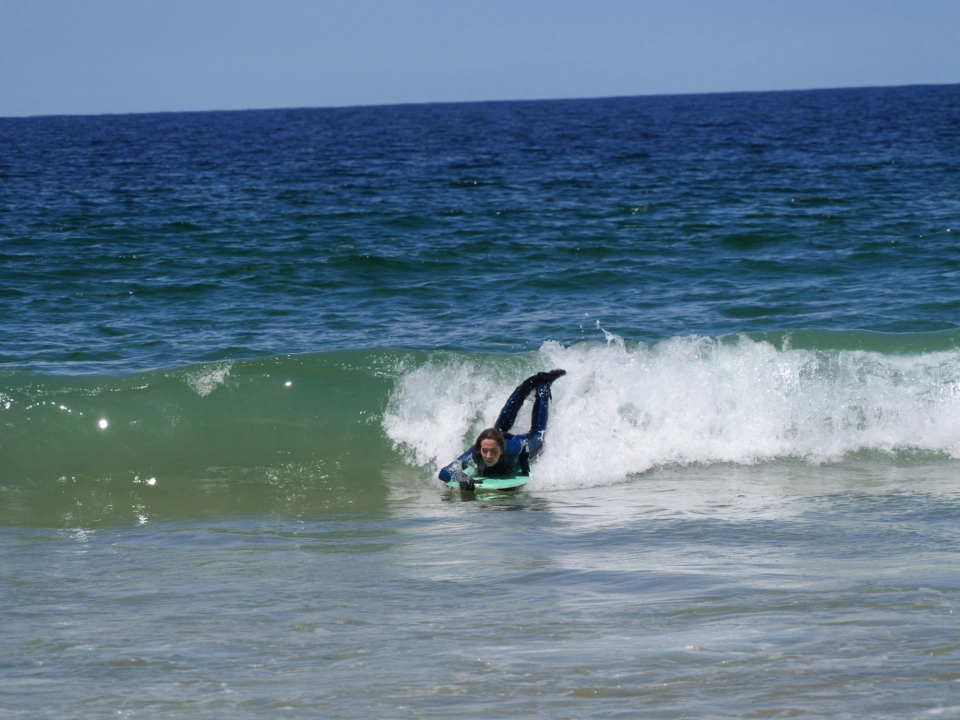
Cloudy Bay Supergroms surf
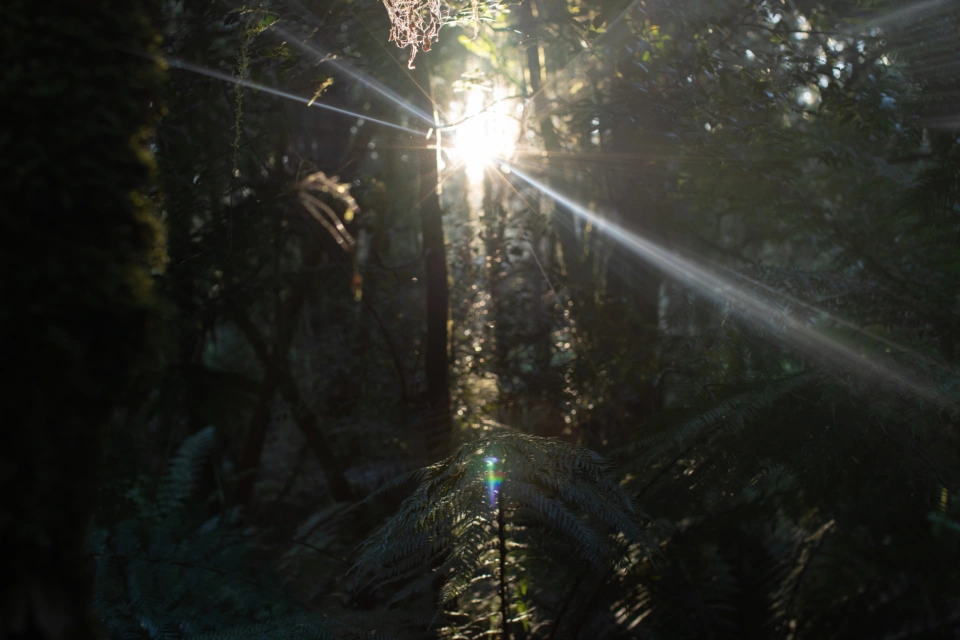
Make It Happen! A Great Forest National Park Short Film
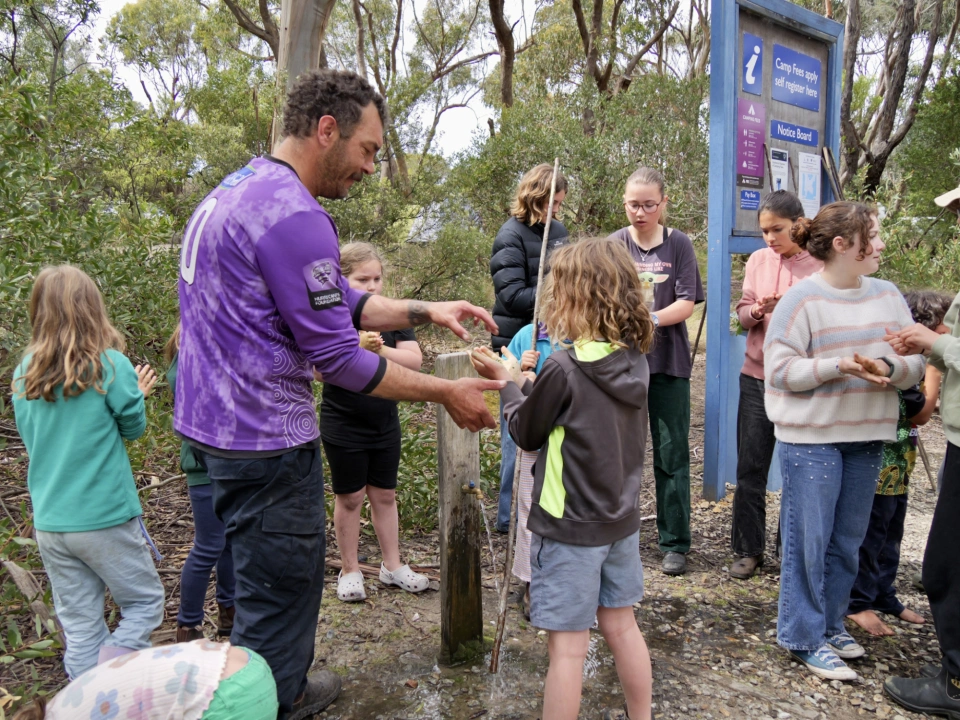
Connection to Country with Danny Gardner
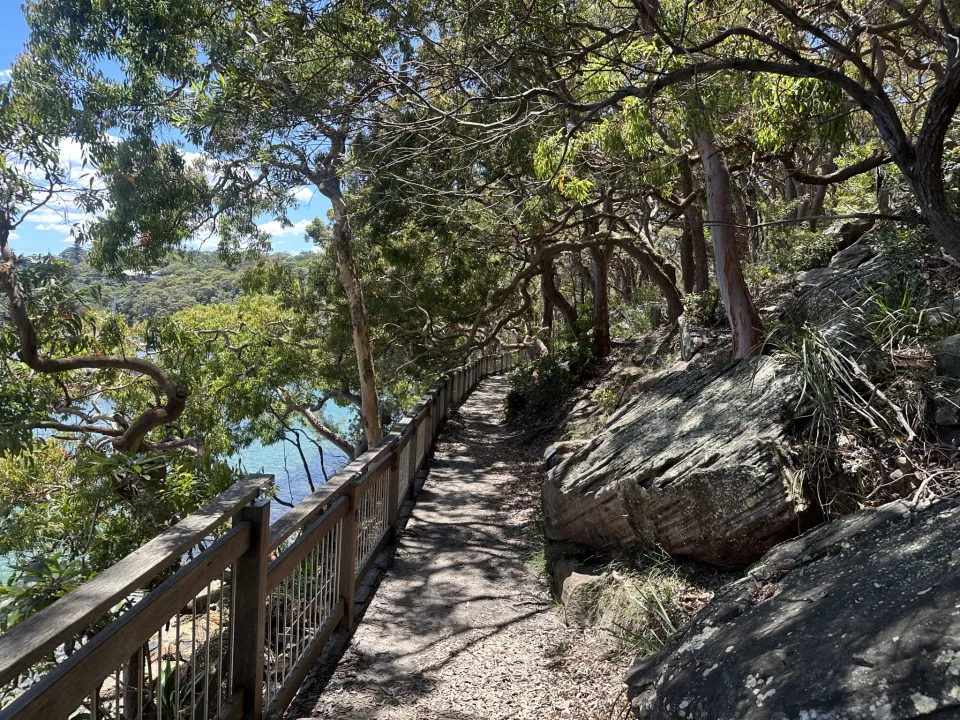
Challenges of bush regeneration in the city
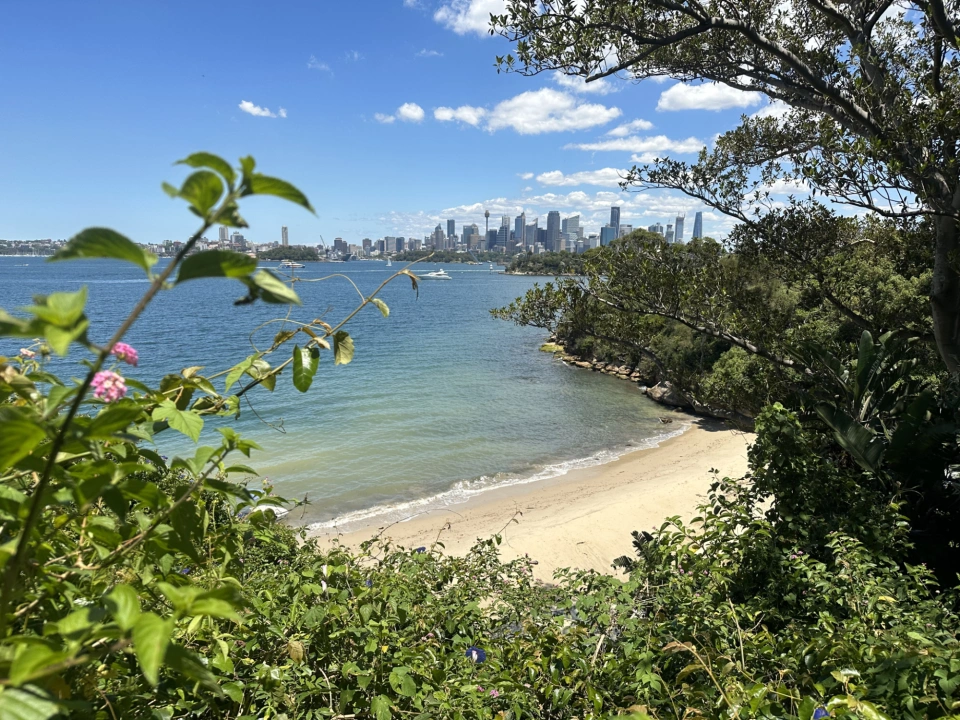
Bushland regeneration in the big city
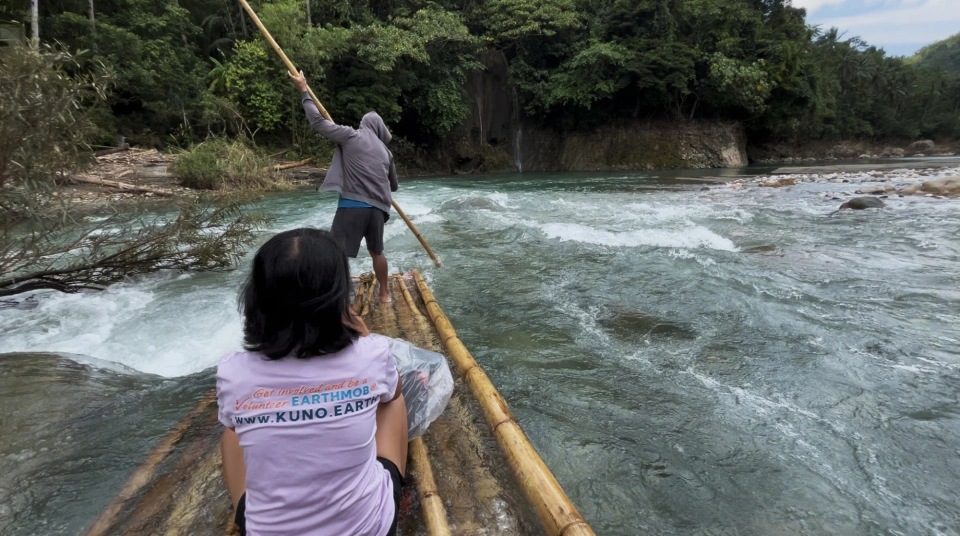
Streamlining Conservation through Social Action

Swaying Over the 7th Aklan Hammock Festival
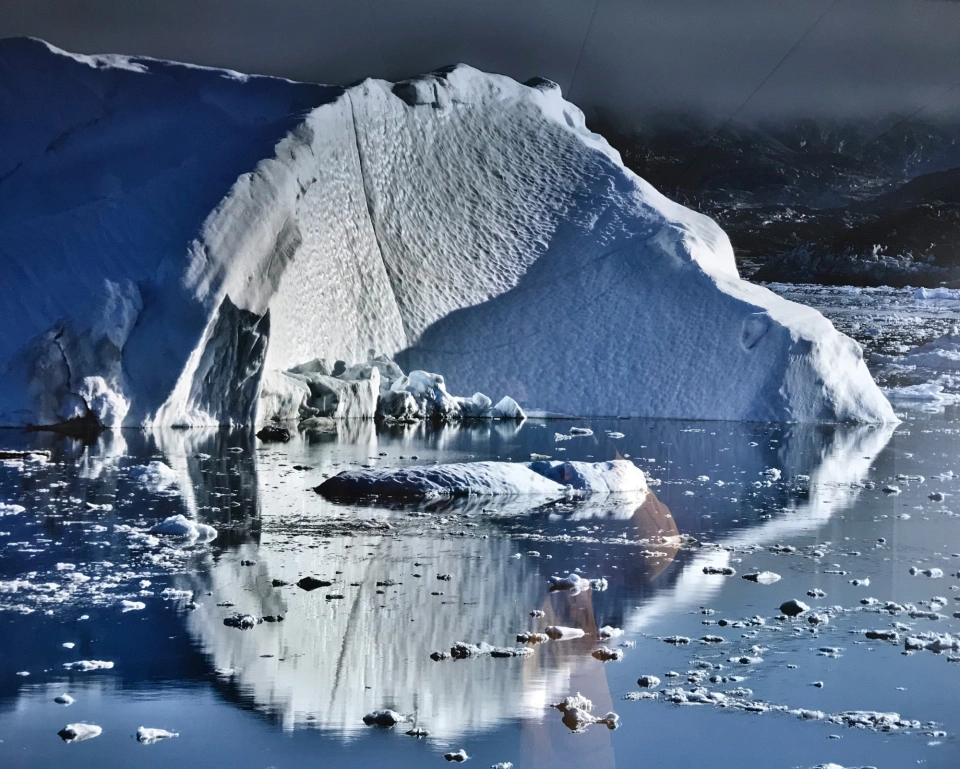
A campaigner's life: taking the opportunities

Embracing Ecotourism in Sibalom Natural Park

Stewards of Nature: a couple's commitment to Pagatpat Mangrove Park
Newsletter
Sign up to keep in touch with articles, updates, events or news from Kuno, your platform for nature
